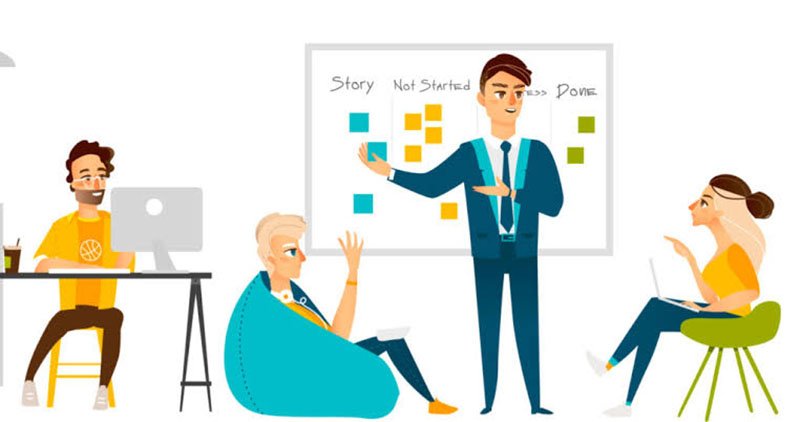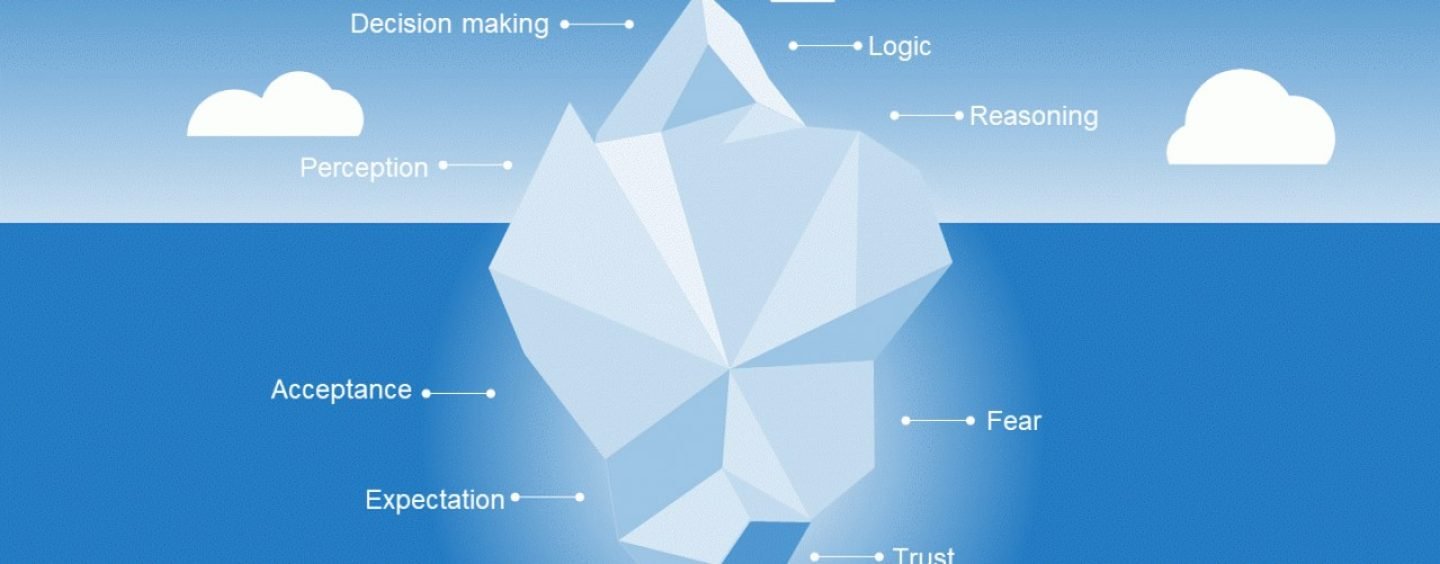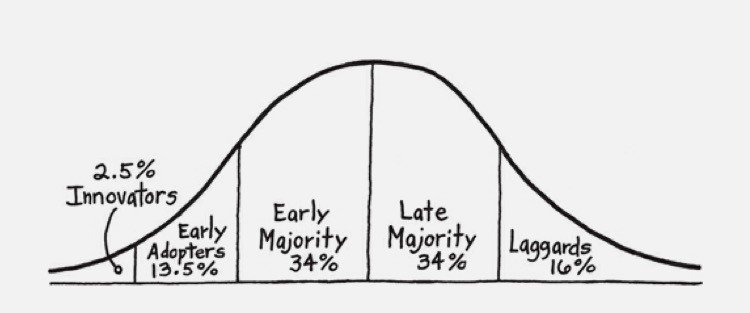I’m in London for the festive season and was thinking how much difference it would make if these three words - “Word of mouth” - were in most 2023 marketing plans. Word of mouth is the process of telling people you know about a particular product or service, usually because you think it is good and want to encourage them to try it. Word of mouth is the oldest form of marketing, and I think you will materially increase your revenue by incorporating these words into your marketing strategy.
““The best form of intelligence is not artificial” ”
Can you answer these three basic marketing questions?
1. Who are you talking to?
2. What do you do that no competitors can?
3. Why should we believe you?
Send me your answers via e-mail and win a one hour consultation with me.






















